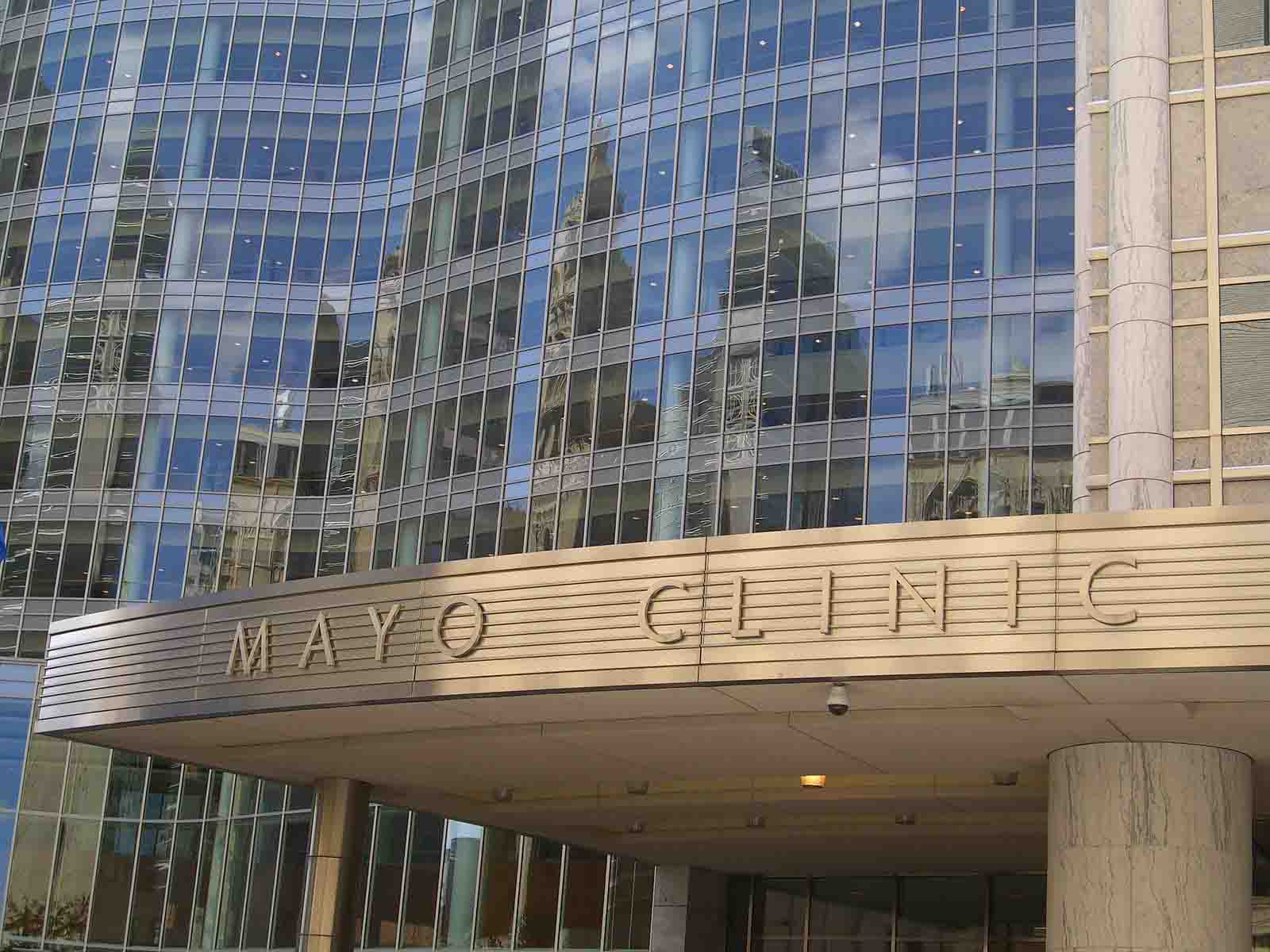
Courtesy of Wikimedia Commons
Funded by a United States Food and Drug Administration grant of up to $6.7 million over two years, Yale and the Mayo Clinic are establishing a Center of Excellence in Regulatory Science and Innovation to advance regulatory science by developing tools to measure the safety and efficacy of FDA-regulated products.
According to a press release, the Yale-Mayo Clinic CERSI aims to use real-world data to inform regulatory decision making; allow the FDA to use advanced analytic methods; and share knowledge gathered between the institutions. The Yale-Mayo Clinic CERSI is part of a larger group of national CERSIs, funded by the FDA, that are collaborations between the FDA and various academic institutions. Other institutions involved with the CERSI program include the University of Maryland, Georgetown University and Johns Hopkins University.
“Our center, like the others, is really geared toward working and collaborating with the FDA in a government-academic partnership to help them address questions of relevance around medical regulation,” said Joseph Ross MED ’06, a professor at the Yale School of Medicine and principal investigator of the award. “We are particularly interested in working with them in understanding the real-world adoption of medical products and their safety once they’re available on the market.”
According to Ross, the Yale-Mayo Clinic CERSI and the FDA will have a collaborative relationship. The CERSI’s priorities in research, education and training will be aligned with the overall mission of the FDA, ensuring that their work is relevant and needed by policymakers, Ross said.
He added that a key component of the Yale-Mayo Clinic CERSI will not only collaborate with the FDA but also with other CERSIs across the country. According to Nilay Shah, a professor of health services research at Mayo Clinic and a co-leader of the Yale-Mayo Clinic CERSI, each CERSI has a slightly different focus and strength, providing different niches and areas of expertise to the FDA.
“The goal for the work that we do and the training that we provide ultimately is done in a way that helps the FDA’s mission,” Shah said. “For all of our projects, we try to have partners at the FDA so that the outcome of the projects helps meet their goals. We are routinely thinking about the issues the FDA are facing and how we can give the expertise we have within our CERSI in terms of the projects that we propose.”
According to Shah, the CERSI will work on projects in research, education and training, including studying the safety of generic drugs and the use of opioids. He added that the Yale-Mayo Clinic CERSI and the FDA will collaboratively decide on which projects to undertake.
Shah added that the Yale-Mayo Clinic CERSI, which is not a physical building but rather a network of individuals, will also offer courses and curricula surrounding regulatory science, as part of both a degree program and online content. The first set of courses will be released in the coming months.
“An initiative like this takes a lot of people to make it successful,” said Ross. “This type of work with policymakers is very interdisciplinary. We have individuals from the faculty of all those schools who’ve gotten engaged and have proposed research projects and training projects. The locus is at the medical school, but there are faculty from other schools who are also involved.”
Ross also added that the Yale-Mayo Clinic CERSI will focus on mentoring medical students and Ph.D. students interested in issues of regulatory science and helping them engage in research projects. Ross noted that in enhancing interaction between Yale faculty and the FDA, the CERSI plans to bring FDA representatives to campus.
The Mayo Clinic was founded in 1889.







